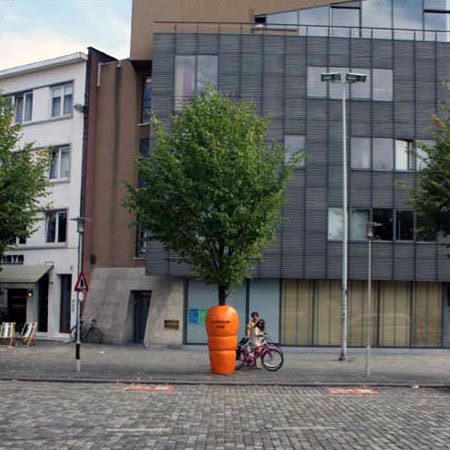As usual, clicking the image gives you the larger full view. Reflection is at the bottom of this sea of icons!









So this is the final set of icons for my story, titled "Family Recipe." This was a pretty challenging project, since there are so many pieces to it, and to each piece, additional variables to consider. Creating icons that accurately represent the object you want has it's own difficulties, but personally, I had the most trouble with cohesion across the set. After I chose to go with a "curly" theme, where to place the curls on each object became quite a task. And making all of the curls optically equal was another goal in order for the icons to match. I think in the final set, I did a pretty good job of making all of the swirls a standard size.
Weight was another issue that a battled with, and in the end, I think I won. :) Some of my objects are very dense, such as the recipe box. Others, very thin, like the carrots; and placing them at optically the same size was an interesting task. If this had not been done, of course, there would still be icons that looked awkward next to each other because of the vast difference in weight.
3 of my icons that I still feel a rather weak are the recipe box, the spoiled food in the pot, and the pizza box. It's a shame too, since they're pretty important icons, as far as the narrative goes, haha. The recipe box still looks a lot like a file cabinet because of my inability to accurately portray it with no demention. Same with the pizza box, it because rather awkward once I translated it from a 3-dementional icon into a more flat version. The pot is an icon that I got particularly frustrated with, and still haven't completely resolved. I hope that by adding a line to show the rim of the pot on this new version, I hopefully clarified that it is definetely a pot (some people thought it was a cake!).
Overall though, I'm pretty proud of the evolution that each one of these objects have gone through. They're pretty cohesive, and I really like the boldness of the all-black versions. Also, the gaps inbetween the shape are quite nice, and give each icons just a bit more flare.

 Done with night! I think I've done all that I'm going to do to this little guy. I added more words, and made some drastic scale modifications. I also added a slant to everything in an attempt to give it a little extra depth. There's no danger in this composition, but that's because in respect to the narrative of the series, this is the beginning, where there is no danger yet.
Done with night! I think I've done all that I'm going to do to this little guy. I added more words, and made some drastic scale modifications. I also added a slant to everything in an attempt to give it a little extra depth. There's no danger in this composition, but that's because in respect to the narrative of the series, this is the beginning, where there is no danger yet.


































